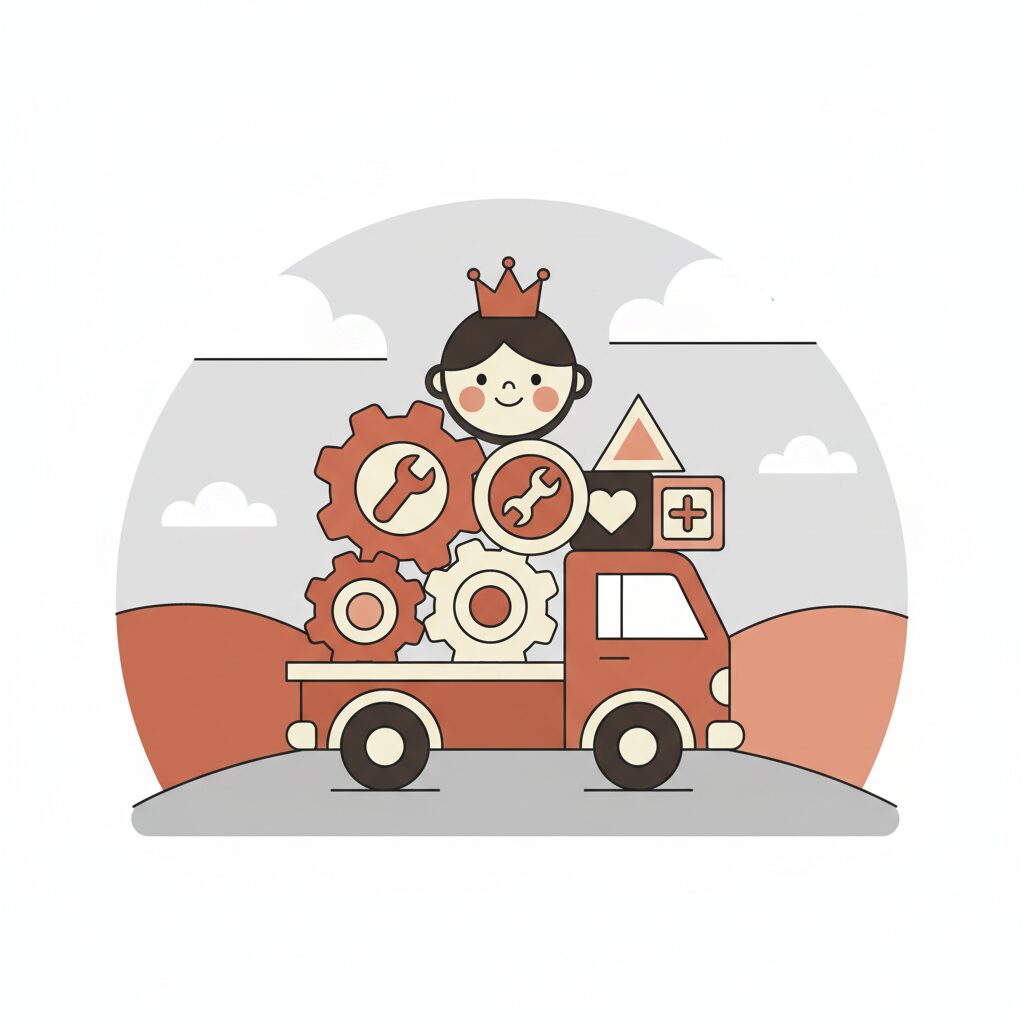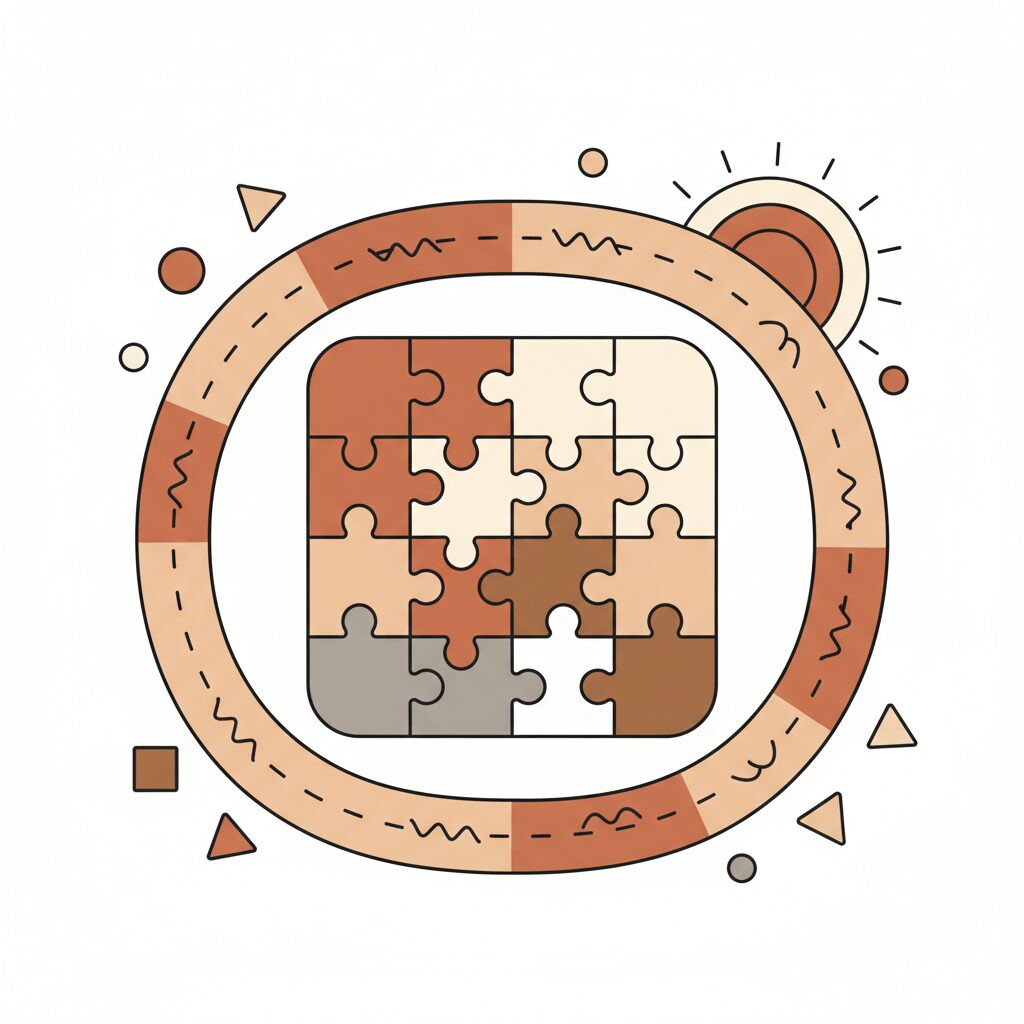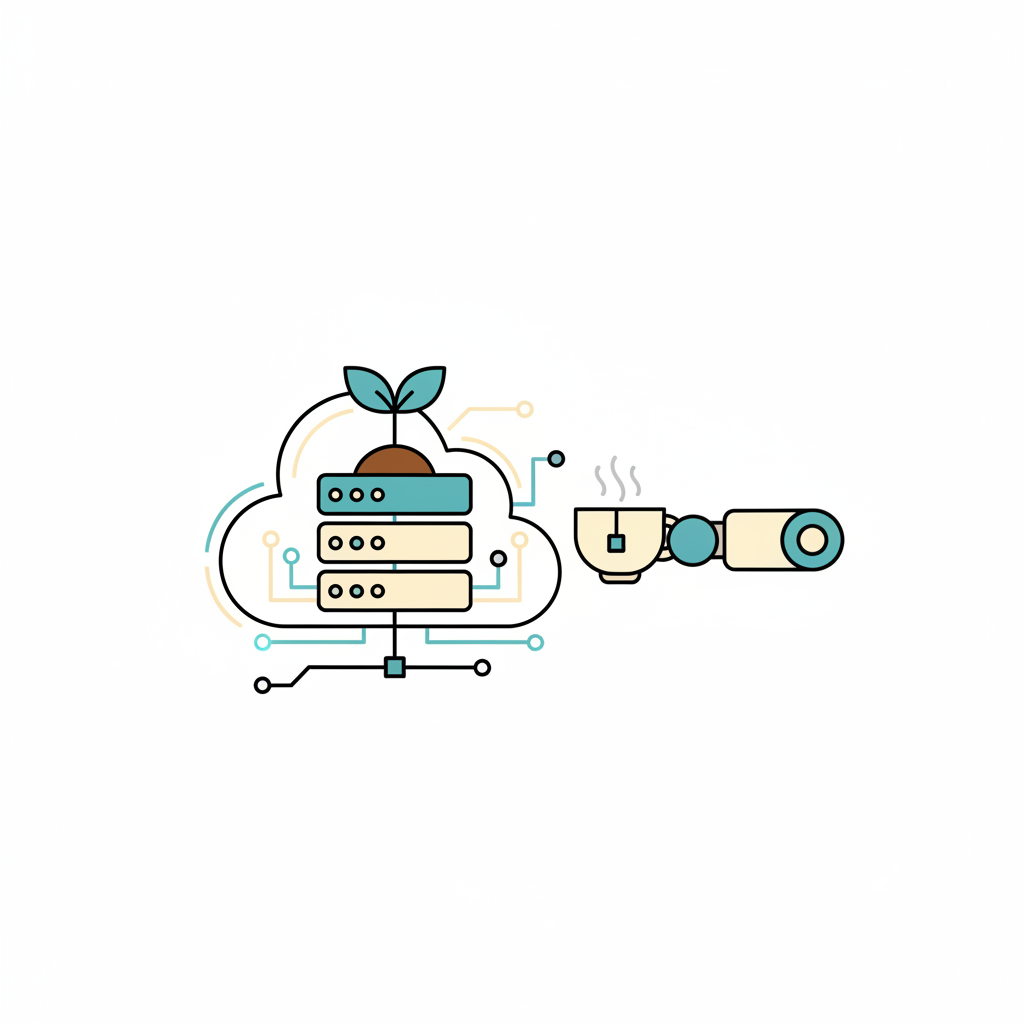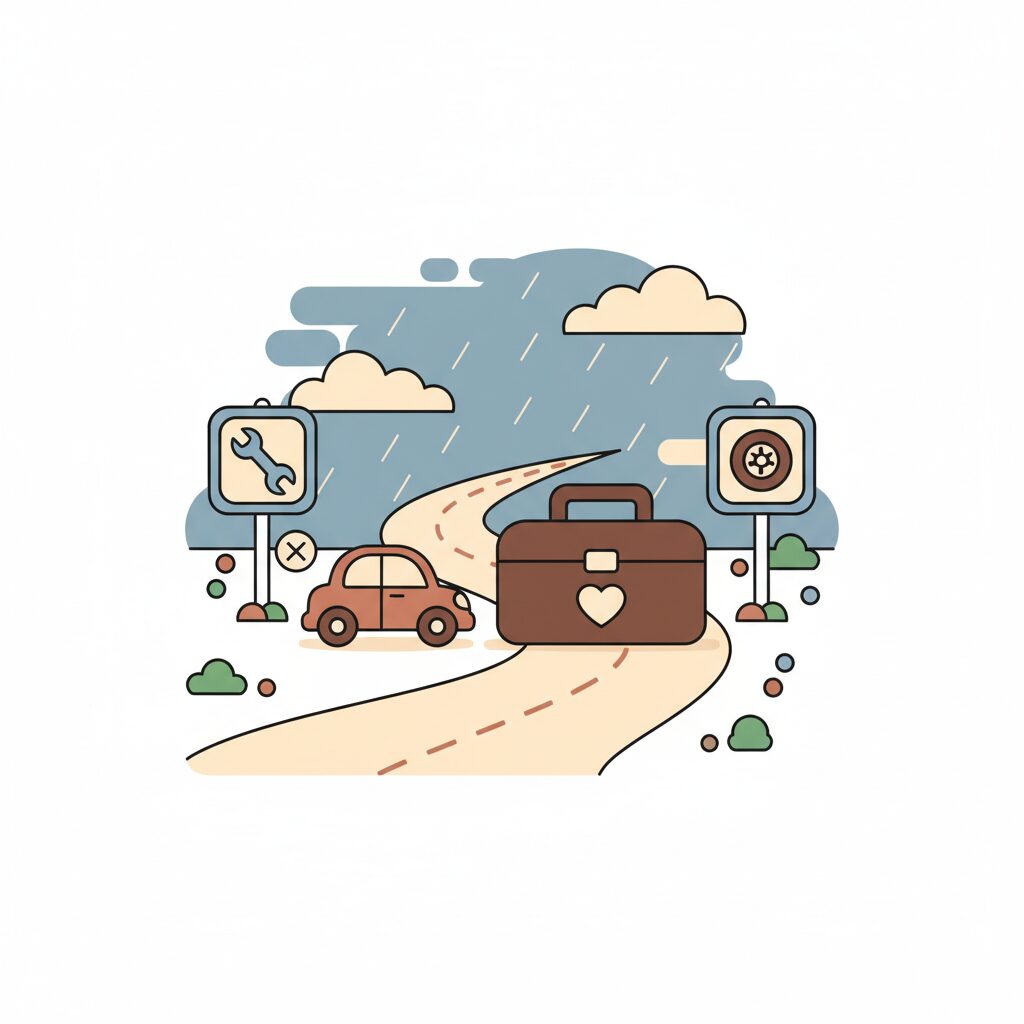
You know that split second when your child’s frown hints at an impending storm? A whisper before the meltdown. Ever notice how big rigs share that same language? Geotab’s latest reveal about AI predicting truck breakdowns isn’t just for fleet managers—it’s a quiet lesson in spotting patterns with our kids. Turns out, whether it’s diesel engines or seven-year-olds, prevention starts with tuning into quiet clues others miss. Let’s unpack how this tech wisdom fuels family resilience.
How Can Small Cues Prevent Parenting Breakdowns?

Remember how you learned to spot bedtime resistance before the full-blown tantrum? A rubbed eye, a dragged foot—tiny signals your gut reads like braille. Geotab’s AI does the same for trucks, catching voltage wobbles or filter clogs before they strand drivers roadside. It’s not magic; it’s early detection in action. Just like you notice your kid’s frustration when Lego bricks won’t snap together, AI spots engine hiccups invisible to the naked eye. That Forbes report highlights how these systems process data from over 100 truck sensors, transforming whispers into actionable insights. For us? It’s a nudge to slow down. Next time your child hesitates before trying something new, lean in. Ask about the wobble they feel. Those micro-moments of curiosity—’Why won’t this work?’—are where parenting instincts root themselves. You’re not fixing problems for them; you’re learning their unique rhythm of gears shifting.
Why Predictive Parenting Focuses on ‘Good Enough’ Care?

Here’s what surprised me: Geotab doesn’t chase flawless journeys. They tackle breakdowns that cost fleets $760 per stranded truck per day. But Deloitte’s research shows predictive maintenance slashes breakdowns by 70%—not 100%. Just like parenting, it’s about course correction, not avoiding every pothole. Think about rushing to school: you might pack the snack they forgot, but the real win is teaching them to notice the empty lunchbox tomorrow. Tech like this reminds us that ‘good enough’ attention beats frantic perfection. When your kiddo stumbles in a friendship, instead of swooping in with a solution, wonder aloud: ‘What did that feel like?’ You’re building their own internal sensors. Small failures? They’re the oil changes of growth—necessary grime that keeps the engine humming.
How Can Technology Support Parenting Without Replacing It?

Geotab’s SVP made a point that stuck with me: AI empowers mechanics but doesn’t replace them. Same with parenting! That Uptake and Geotab collaboration uses weather data to foresee breakdowns, yet humans still decide when to replace parts. Translation? Tech should illuminate paths, not replace presence. Remember when your kid tried coding games last summer? Letting them struggle with buggy scripts taught more than handing over the answer key—because where’s the fun in that? Just as tech supports mechanics in fleet AI, our role is guiding kids through challenges. The magic happens when tools sit beside you at the kitchen table, not between you. How about we flip the script? When screen time feels overwhelming, skip the timers. Ask, ‘What did you wonder about today?’ Suddenly, tech becomes a springboard for shared curiosity. That ‘a-ha’ moment when your child explains robot vacuums repurposing GPS data? That’s human connection thriving in the algorithm.
What Creates Resilient Family Journeys?

Fleets with Geotab’s AI log three times more miles between breakdowns. But it’s not just about speed—it’s about trust. Trucks recover faster because crews understand the ‘why’ behind repairs. For kids, resilience isn’t toughness; it’s knowing you’re supported when things stall. Picture a rainy picnic: instead of lamenting soggy sandwiches, make up silly windshield-wiper songs. You’re modeling adaptability. Geotab’s system flags ‘breakdown risks’ with context—like how road wear affects tire pressure. Translate that into family life: notice if meltdowns spike during transitions. Suggest a ‘5-minute heads-up’ ritual before leaving the playground. You’re not controlling the weather; you’re teaching navigation. And when storms hit? Sing louder. Because the destination isn’t just avoiding breakdowns—it’s loving the ride, detours and all.
Source: Geotab Says AI Can Reduce Fleet Breakdowns And Make Road Use Safer, Forbes, 2025/08/30 22:54:48
